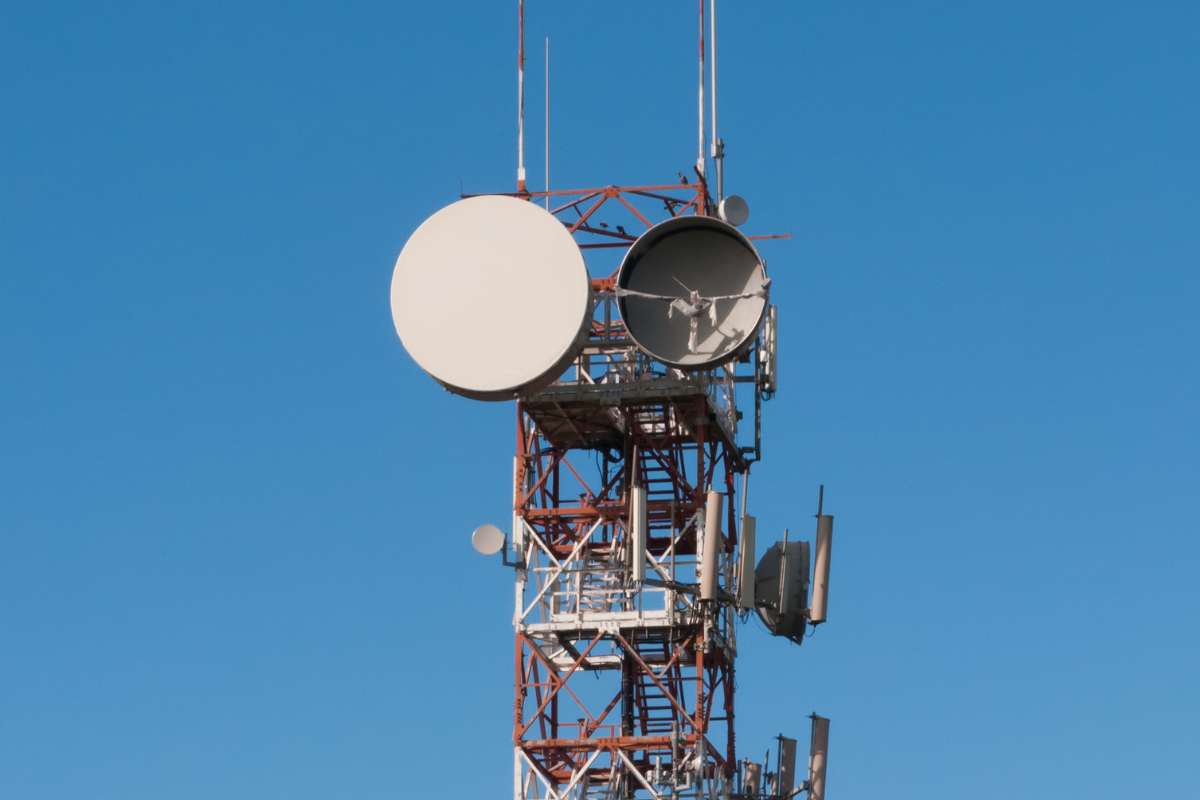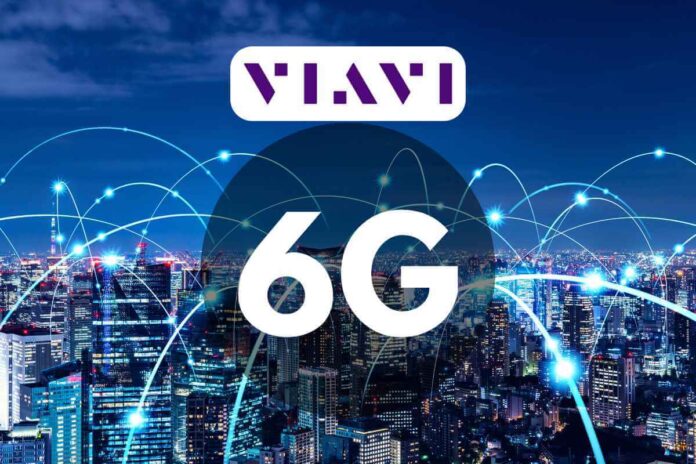In Short:
Indian telecom operators requested a refund for surrendered spectrum, but DoT denied. DoT set spectrum auction on June 6, 2024. Telcos sought clarifications on NIA. Telcos can stop paying EMI after 10 years for surrendered spectrum as per current rules. Spectrum cap increased for 5G airwaves, causing concern about hoarding. DoT increased cap because BSNL also received spectrum. Airtel and Jio may bid for more spectrum in 5G frequencies.
DoT Rejects Indian Telcos’ Request for Refund on Surrendered Spectrum

The Department of Telecommunications (DoT) has turned down the request made by Indian telecom operators to refund the money for the spectrum they are surrendering. The decision comes ahead of the scheduled spectrum auction on June 6, 2024, where telecom firms sought clarifications on the Notice Inviting Application (NIA).
Refund Provision and Spectrum Surrender Rules
According to an ET report, a DoT official explained that telcos are not required to pay the entire spectrum amount upfront. They can stop paying the Equated Monthly Installments (EMI) for frequencies they wish to surrender after 10 years. Current rules only allow telcos to surrender spectrum after a decade from its acquisition date. The NIA for the upcoming auction is similar to the previous one in 2022, prompting telcos to request a change in this provision to receive refunds for surrendered spectrum.
Increase in Spectrum Cap for 5G Airwaves
This time, the spectrum cap for 5G airwaves has been raised, causing concern among some operators who fear it could lead to spectrum hoarding. DoT justified the move by stating that the increase was necessary as BSNL has also been allocated spectrum. The allocation to BSNL has been taken into account, leaving the remaining airwaves available for private telcos to bid on.
It remains to be seen whether Airtel and Jio will capitalize on the increased spectrum cap for 5G frequencies.




